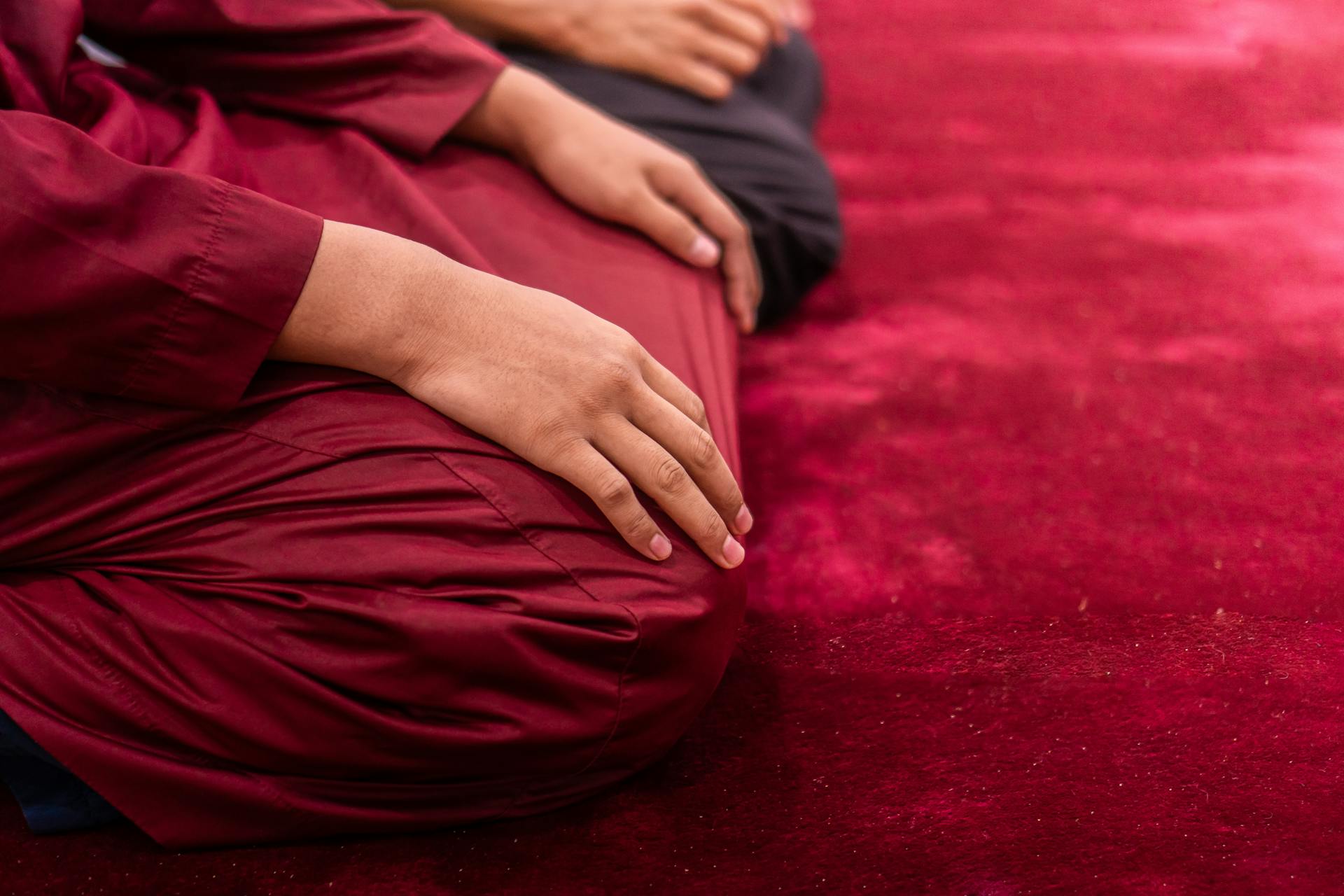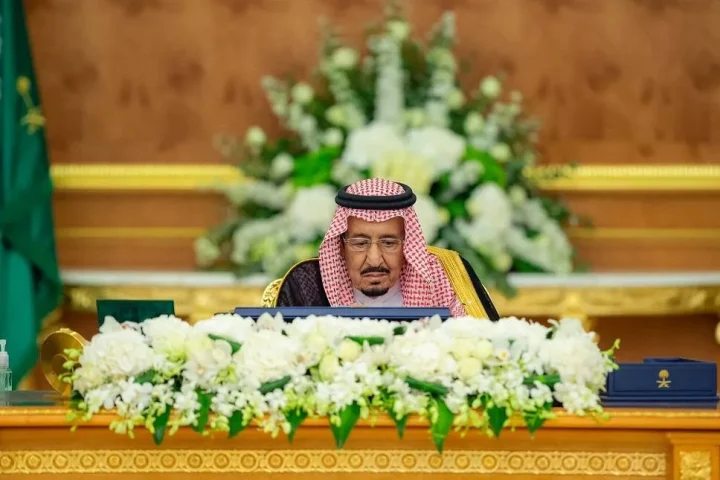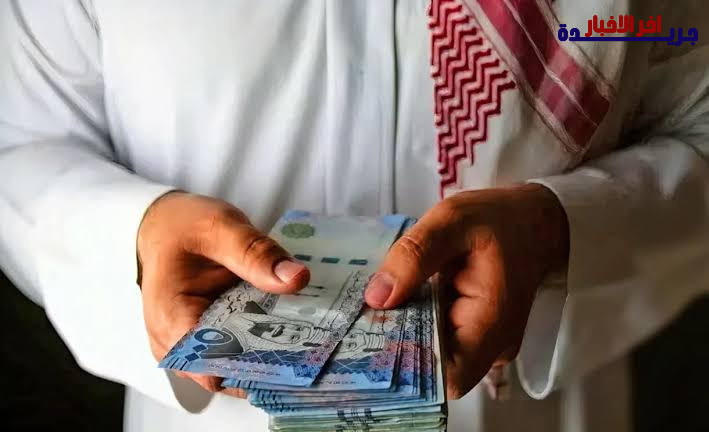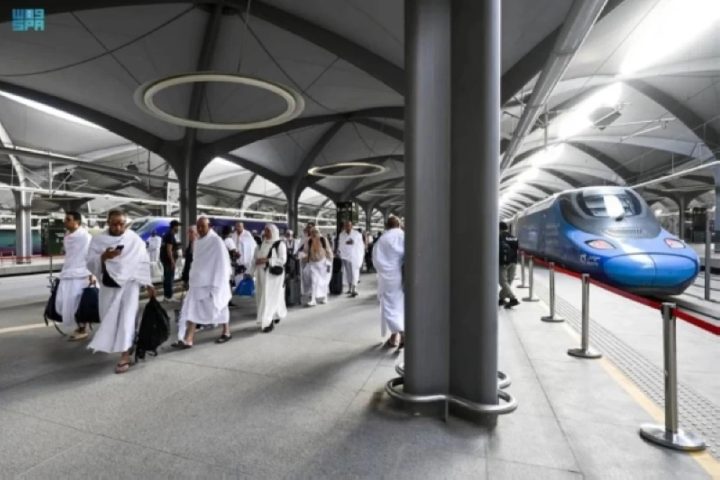Qiyam al-Layl, or the night prayer, is one of the greatest acts of worship through which a believer draws closer to Allah.
It is a confirmed Sunnah of the Prophet Muhammad ﷺ, and Allah praised those who observe it in the Qur’an, saying: “They used to sleep but little by night” [Surah Adh-Dhariyat: 17], highlighting the lofty status of those who spend their nights in devotion.
This act of worship becomes even more significant during the blessed month of Ramadan, as it combines the virtue of sacred time with the virtue of a noble act, resulting in multiplied rewards and immense blessings.
The Prophet ﷺ never abandoned night prayer, in Ramadan or otherwise, and when asked why he prayed until his feet swelled, he replied: “Should I not be a grateful servant?”
Virtues of Qiyam al-Layl
- Closeness to Allah: Night prayer is a secret act of devotion, done away from people’s eyes — a true sign of sincerity.
In a Qudsi Hadith, Allah says: “The most beloved of My servants are those who break their fast quickly, delay their pre-dawn meal, and pray the most at night.”
- Light in the face and heart: Scholars say that night prayer brings brightness to the face, peace to the heart, and comfort to the soul.
- Forgiveness and elevation: The Prophet ﷺ said: “The best prayer after the obligatory prayers is the night prayer.”
He also said: “Pray Qiyam al-Layl, for it is the way of the righteous before you, a means of drawing near to your Lord, an expiation for sins, and a protection from wrongdoing.”
- Answered prayers: In the last third of the night, supplications are especially accepted.
Allah descends to the lowest heaven and says: “Is there anyone asking, so I may give? Anyone seeking forgiveness, so I may forgive?”
Qiyam al-Layl in Ramadan
In Ramadan, Qiyam al-Layl is known as Taraweeh, a deeply cherished practice performed in congregation.
The Prophet ﷺ said: “Whoever stands [in prayer] during Ramadan out of faith and seeking reward, his past sins will be forgiven.”
Night prayer in Ramadan is not limited to Taraweeh; Muslims are encouraged to prolong their night worship, especially in the last ten nights, seeking Laylat al-Qadr, which is “Better than a thousand months.”
Qiyam al-Layl is a spiritual treasure, a gateway to Allah’s mercy, and a source of forgiveness and inner peace.
During Ramadan, the doors of mercy are wide open — let us take advantage, even with just two heartfelt rak‘ahs in the depth of night, whispering to our Lord and asking for His mercy and acceptance.

















